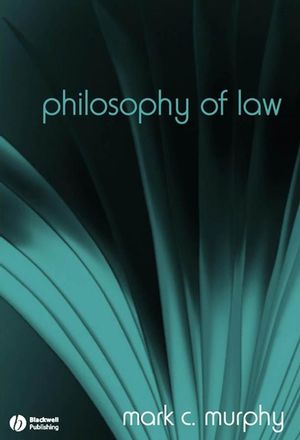 The regulation, or authorized norms, are throughout the sphere of ought”, they are norms that purport to information conduct. In one other role, it is a solution, for that legal order, to the obedience query—put within the more clearly descriptive form, ‘Why is the legislation binding?’.
The regulation, or authorized norms, are throughout the sphere of ought”, they are norms that purport to information conduct. In one other role, it is a solution, for that legal order, to the obedience query—put within the more clearly descriptive form, ‘Why is the legislation binding?’.
What stays questionable, nevertheless, is whether or not Kelsen succeeds in providing a non-reductive rationalization of authorized normativity, given the truth that his account of legal validity turned out to be reductive in spite of everything. Clearly, many philosophers would reject Kelsen’s view that ethical causes for action only apply to those who select to endorse morality’s primary norm (whatever it might be).
On the other hand, if the rationale for the bindingness of a authorized norm is intrinsic to its ‘legal’ character, that reason may need to be sought within the ‘authorized’ form of the individual norm and not in any kind of additional assure. Logically, he concludes, there should be a basic norm on which law rests.
The second thesis constituting the core of natural regulation ethical principle is the claim that standards of morality are in some sense derived from, or entailed by, the nature of the world and the character of human beings. Like classical naturalism, Finnis’s naturalism is each an moral theory and a principle of regulation.

